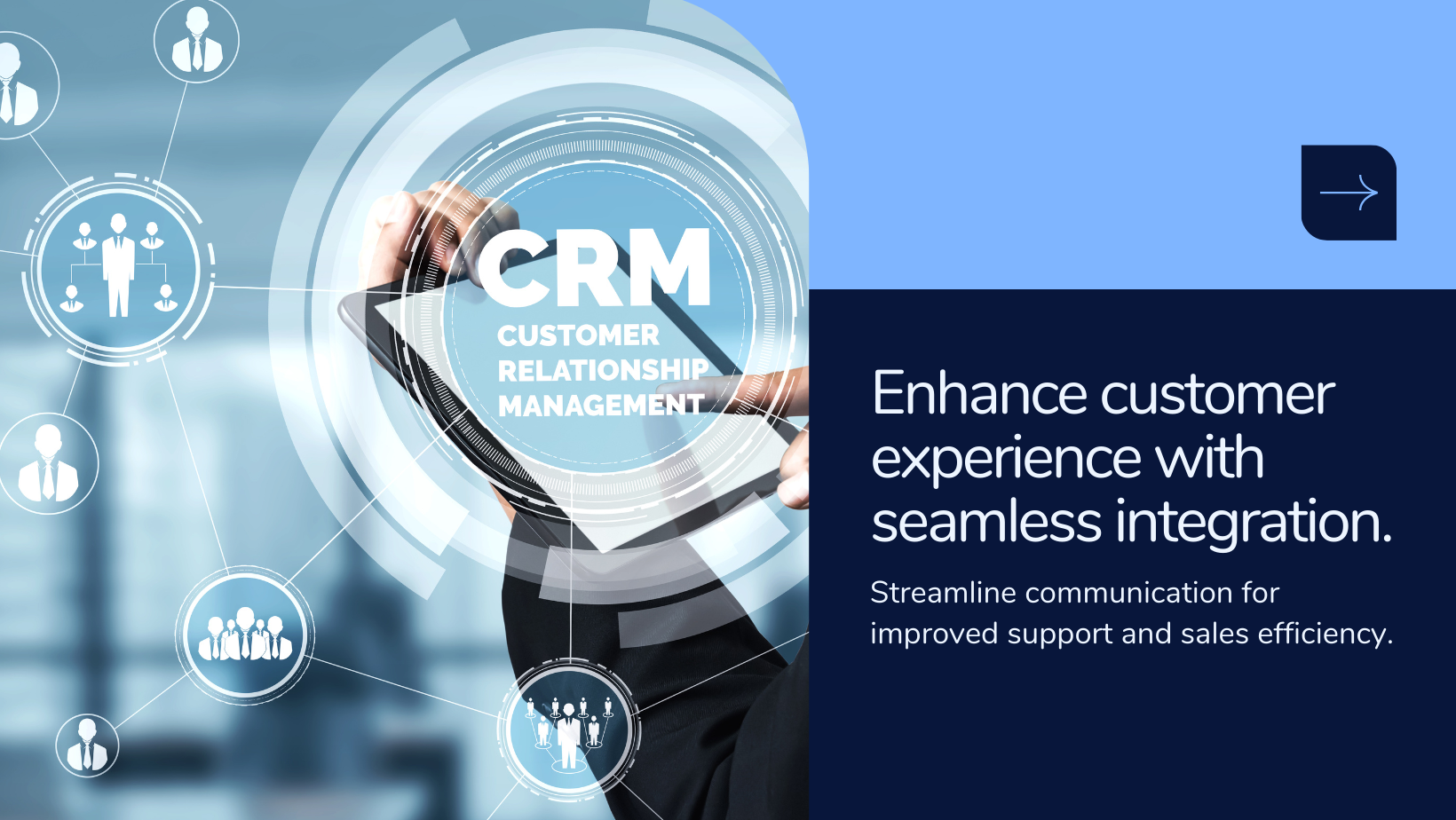D2C Benefits: Here's Why Manufacturers Are Going Direct-to-Consumer

The business landscape is undergoing a transformation, and manufacturers are at the forefront of this change. Many are shifting away from traditional distribution models and embracing a direct-to-consumer (D2C) approach.
In this blog, we'll explore the compelling benefits driving manufacturers to go D2C, and how this shift is reshaping the industry.
1. Enhanced Customer Insights:
One of the most significant advantages of D2C for manufacturers is the access to valuable customer data. Direct interactions with consumers provide insights into preferences, buying behaviors, and pain points.
This data fuels product development, enabling manufacturers to create offerings that precisely meet customer needs.
2. Improved Customer Relationships:
Manufacturers going D2C can build direct relationships with their customers. This leads to increased brand loyalty and trust, as consumers feel a deeper connection to the source of their products. It also allows for more effective communication, better customer support, and personalized experiences.
3. Brand Control:
Maintaining control over brand identity and messaging is critical for manufacturers. Going D2C ensures that the brand is presented consistently and authentically to consumers. It helps in preserving brand integrity and resonating with target audiences.
4. Higher Profit Margins:

By eliminating middlemen like distributors and retailers, D2C manufacturers capture a more substantial share of the profit margin. This results in increased profitability, which can be reinvested in product quality, innovation, and customer experience.
5. Flexibility and Innovation:
D2C manufacturers have the flexibility to innovate and experiment with new products and features rapidly. They can respond quickly to market trends and consumer feedback, staying ahead of competitors and delivering what customers want.
6. Geographic Expansion:
The digital age has made global expansion more accessible. D2C manufacturers can reach consumers worldwide, overcoming geographical barriers without the need for an extensive physical retail presence.
7. Sustainability and Transparency:
Consumers today are more conscious of sustainability and ethical sourcing. D2C manufacturers can transparently communicate their eco-friendly practices and sourcing methods, appealing to environmentally conscious consumers.
8. Adaptation to E-commerce Growth:
The growth of e-commerce is undeniable. D2C manufacturers are well-positioned to tap into this trend, providing consumers with a seamless online shopping experience.
9. Customization and Personalization:
D2C allows manufacturers to tailor products and experiences to individual consumers. Personalization enhances customer satisfaction and increases the likelihood of repeat purchases.
10. Consumer-Centric Convenience:
D2C manufacturers prioritize convenience. They often offer user-friendly websites, easy ordering processes, and efficient customer service, making shopping a hassle-free experience for customers.
Conclusion:
Manufacturers going D2C are reaping the benefits of enhanced customer insights, improved relationships, brand control, profitability, flexibility, and more. As consumer preferences continue to evolve and e-commerce continues to grow, the D2C model offers manufacturers a strategic advantage in meeting the changing needs of their customers.
It's a transformative shift that's reshaping the industry and opening up new opportunities for innovation and growth.
FAQs
Certainly, here are the answers to the FAQs about the benefits of manufacturers going Direct-to-Consumer (D2C):
What is D2C, and how does it differ from traditional manufacturing and distribution models?
- D2C, short for Direct-to-Consumer, is a business model where manufacturers sell their products directly to consumers, bypassing intermediaries like retailers. Unlike traditional models, D2C allows manufacturers to have a direct relationship with their customers and control over the entire sales process.
What are the primary reasons manufacturers are increasingly adopting a Direct-to-Consumer strategy?
- Manufacturers are turning to D2C because it offers several advantages, including higher profit margins, improved customer relationships, data-driven insights, and the ability to respond quickly to market demands.
How does going D2C benefit manufacturers in terms of brand control and customer experience?
- Going D2C allows manufacturers to maintain greater control over their brand image and customer experience. They can communicate directly with customers, ensuring that their brand message is consistent and that customer feedback is heard and acted upon promptly.
Are there cost-saving advantages for manufacturers when selling directly to consumers?
- Yes, D2C can lead to cost savings by eliminating the need for intermediaries, reducing distribution costs, and optimizing production based on real-time demand, thus reducing excess inventory.
What role does data and customer insights play in the success of D2C manufacturers?
- Data and customer insights are invaluable for D2C manufacturers. They help in understanding consumer preferences, optimizing product offerings, and tailoring marketing efforts for better results.
Can small manufacturers effectively compete with larger players in the D2C space?
- Yes, D2C levels the playing field for smaller manufacturers. With a well-defined niche and a compelling brand story, small manufacturers can compete effectively by offering unique products and personalized experiences.
How do manufacturers ensure efficient logistics and order fulfillment in a D2C model?
- Efficient logistics and order fulfillment in D2C are achieved through partnerships with reliable logistics providers, strategic warehouse placement, and the use of technology for inventory management and order processing.
What challenges might manufacturers face when transitioning to a D2C model, and how can they overcome them?
- Common challenges include the need for a robust online presence, adapting to direct customer interaction, and managing fulfillment complexities. Overcoming these challenges requires a well-planned strategy, technology adoption, and a commitment to customer-centricity.
What industries or product categories have witnessed the most significant success in D2C sales?
- Industries such as fashion, beauty, consumer electronics, and food and beverage have seen substantial success in D2C sales due to the high level of consumer engagement and brand loyalty.
Are there any notable case studies or success stories of manufacturers thriving through D2C sales?
- Yes, several manufacturers, including companies like Warby Parker (eyewear), Dollar Shave Club (personal care), and Tesla (electric vehicles), have achieved remarkable success by adopting D2C strategies, illustrating the tangible benefits of this approach.
These answers provide a comprehensive overview of the benefits and considerations for manufacturers venturing into the Direct-to-Consumer model.




